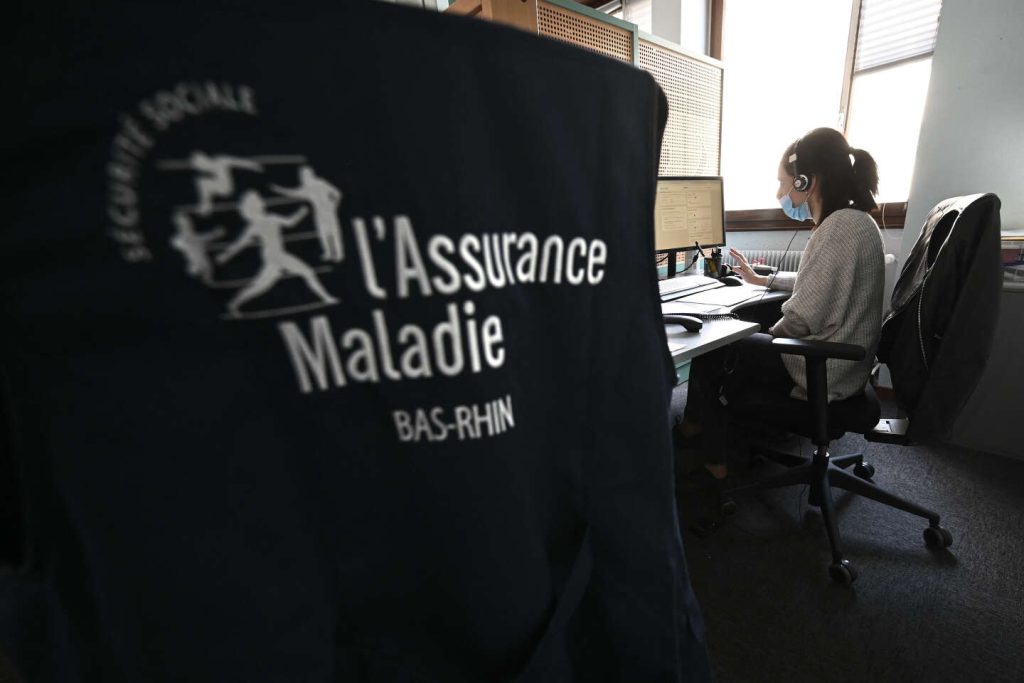A nurse from Marseille has been sentenced to five years in prison, with three years suspended, for defrauding the French Social Security system of over 1.5 million euros by billing tens of thousands of fictitious medical procedures. The nurse, Maryse Mercier, used forged social security cards and documents issued to migrants to bill for non-existent procedures at thirty-four regional health insurance funds between 2017 and 2020. The court ordered her to reimburse the total amount defrauded and pay a 30,000 euro fine, with two years of her sentence to be served under house arrest with an electronic monitoring bracelet.
In a scathing judgment, read by the presiding judge Stephanie Donjon, the Marseille court condemned the nurse’s actions as a “major fraud” against the public health system, targeting some of the most vulnerable beneficiaries such as recipients of the State Medical Assistance (AME) and Universal Complementary Health Coverage (CMU-C). The court seized eight properties acquired with the proceeds of the crime and froze funds amounting to around 115,000 euros from the couple’s bank accounts. Maryse Mercier’s husband, who claimed to be unaware of his wife’s actions, was sentenced to twelve months of suspended prison time for complicity.
Described as the “mastermind” behind the scheme, Maryse Mercier used social security cards of fully covered patients to fraudulently claim payments for medical services that were never provided. She then falsified prescriptions to make the fraudulent claims appear legitimate. The court noted that the nurse showed little remorse and had a history of disputes with the social security system dating back to the early 2000s. During the trial, she tried to shift blame to accomplices and alleged coercion by unknown individuals, but the court dismissed these claims.
As part of her suspended sentence, Maryse Mercier was ordered to pay the fine, reimburse the defrauded parties, and was permanently banned from practicing as a nurse. She was also ordered to pay damages to the National Nursing Council to compensate for the moral harm caused. Two accomplices who assisted in collecting falsified documents were sentenced to three years in prison, with two years suspended. The case sheds light on the challenges faced by authorities in combating fraud within the healthcare sector and highlights the significant financial impact of such criminal activities on the public health system.
The nurse’s conviction underscores the seriousness with which the French legal system treats cases of healthcare fraud and the importance of upholding the integrity of the Social Security system. The court’s decision to impose a combination of prison time, fines, and professional sanctions serves as a deterrent to others who may be tempted to exploit vulnerabilities in the healthcare system for personal gain. The case also emphasizes the need for ongoing vigilance and enforcement measures to prevent and detect fraud, protecting both the financial interests of the state and the trust of the public in the healthcare system.


